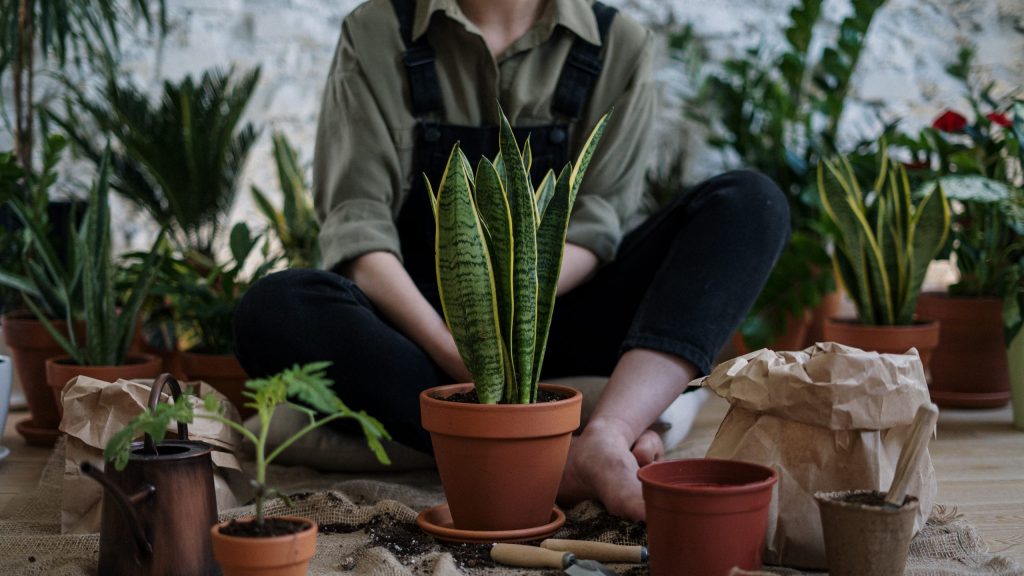Working from home has its many advantages. No traffic to tussle with and you can simply roll out of bed and into a board meeting (provided you keep the camera off). But on the downside, it blurs lines between one’s personal and professional life. Calls edge their way into out-of-office hours and emails are the last thing we see on our phone before we sleep. Though we don’t miss the long commute to work, it invariably adds 2-3 hours into our workday, leading employees to feel fatigued and overworked. De-stressing tips such as these can help you focus on your mental health.
The more we acknowledge burnout, the shorter is the road to healing. It is no longer taboo to prioritise one’s own mental health. Austria’s Health Minister Rudolf Anschober put in his resignation in 2021 quoting overwork and burnout. Institutions and organisations that are supportive of their staff taking time out for themselves and their family are being seen as more attractive than the ones that offer a higher pay scale. Companies like LinkedIn and Google have regularly been giving days off as ‘well-being leave’ to allow employees to recharge and reset.
The past year has been challenging in many ways. If you’re feel your mental health suffering, here are some de-stressing tips that may help:
1. Get a hobby
There’s a good reason that the lockdown turned everyone into a closet baker. Immersing yourself in a hobby helps your mind switch off and unwind. Pick a hobby of your choice – cooking, riding a bike, gardening, woodwork, reading, learning a new sport – whatever tickles your fancy. Make time for it at least twice a week and you will see the therapeutic effects within no time.

2. Block your calendar
Do you find yourself scheduling calls during your kids’ bedtime? Cancelling your evening run because you have some work to finish up? Here’s a tip – work will never finish. Never. That’s the nature of the beast. You’ve got to block time for yourself or you will be stuck in an unending loop. Block an hour on your calendar for lunch so that you’re not forced to gulp down a salad on your desk. Put in a slot for your evening workout or storytime with the kids. Work will expand to fill time. Claim back your time with zeal.

3. Limit consumption
Research has found that people turn to alcohol in the aftermath of disasters such as the World Trade Center terrorist attacks, as a coping mechanism to handle stress. The pandemic is no exception. A recent study by NYU School of Global Public Health in New York City has concluded that alcohol consumption has gone up drastically in adults during the pandemic, especially amongst those below the age of 40. It suggests that ‘individuals reporting symptoms of depression were 64% more likely to be consuming greater amounts of alcohol, while anxiety was associated with a 41% higher likelihood of increased drinking.’ It may be a daily battle, but if you find your drinking patterns changing due to these unnatural living conditions, try to make an effort to limit consumption and find other ways of coping.

4. Connect with family
This forced isolation is pushing us to draw up bridges. Socialising doesn’t come naturally to many nowadays and you may prefer to keep your thoughts to yourself. Try to break out of that shell and force yourself to connect with your family and close friends. Pick up the phone and call them. Ask them how they’re feeling. Sometimes, just hearing someone share their challenges makes one realise that they are not alone in this. If it’s been a while that you’ve met your family, keep in touch via chats, video or voice calls, until you can go meet them in person. Don’t be an island.

If you have any de-stressing tips up your sleeve, do share them with us by commenting on LinkedIn. The more we help each other, the stronger we will all get. And remember – as a wise man once said, “This too shall pass.”








